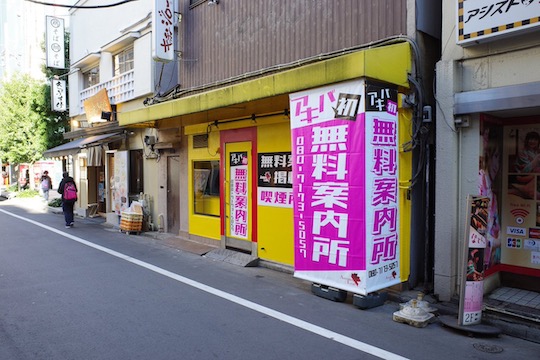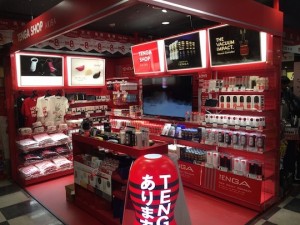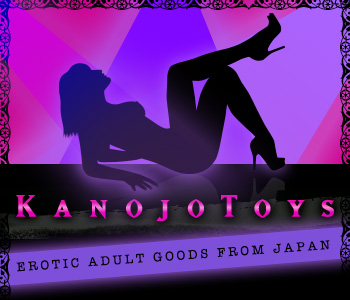Appearance in Akihabara of sex industry information center has people worried about future of district
Around the end of December, people started tweeted about a “worrying” new development in Akihabara, the Tokyo district known for electronics and otaku culture.
The restaurant Kitchen Jiro has been replaced by a “free guidance place” (muryo annaijo) — essentially a sex industry information center, where you can get introductions on nearby soaplands, massage parlors, and other types of brothels. Such modestly sized places are common in areas like Kabukicho or Ikebukuro in Tokyo, Namba in Osaka, or just about any downtown area in a major Japanese city.

Does this, as people seem convinced, spell the end of Akihabara as we know it?
The district has undergone many changes over the years, with buildings disappearing and new ones opening. The cleaning-up and mainstreaming of the area once the mecca of subcultures is actually a perpetual topic. Commentators and fans have been bemoaning the commercialization of otaku subcultures — effectively appropriating them into mainstream, capitalist culture for all consumers and Akihabara into a place for tourists — since at least the 2000s.
This, though, is a little different. Because we are more surprised that people are surprised. After all, why the heck hasn’t Akiba had a store like this before? We are astonished that it is the first — even to the extent that we suspect people may be wrong in thinking it is! (To be fair, the site is itself claiming that title.) Have these people never wandered down the back alleys of Akihabara before? We can recall some particularly shady places during trips there in the first decade of the century. Once Showa-dori hosted ero-cosplay that was so provocative the police got called.
This is an area that is already home to countless maid cafes, to mountains of erotic anime and manga content (which has in the past led to censorship of advertising), and to the M’s store, one of the most popular places to shop for adult toys in Tokyo (Tenga also opened a store in the district). It is also, relatively speaking, a mere stone’s throw from areas like Ueno and Uguisudani, which are notorious for their love hotels, brothels, and sex industry establishments. Akihabara was itself, until a crackdown, one of the centers of the schoolgirl “walking dates” services that boomed in Tokyo a few years ago.
Far from representing a “worrying new trend,” this sex industry guidance center is arguably just a more overt iteration of what has long existed in the district — and if anything, a (welcome?) step backwards away from the commercial takeover of the neighborhood by mainstream corporations and consumers, perhaps prompted by the complete loss of tourism due to the coronavirus pandemic that has forced Akihabara to, so to speak, go back to its roots.














